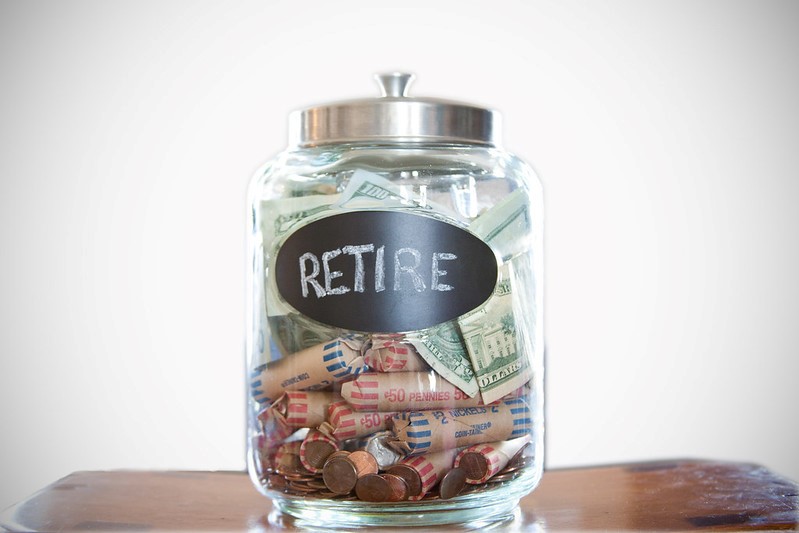
Can you remember the first day you worked and earned money? It might have been babysitting for your neighbor’s kids or a retail job at the local mall. As a kid, you might have imagined your parents going to work as something that just happened. You didn’t think of the financial ramifications or why going to work was important.
The older you got, the more likely you were to start seeing the value of money. Want to go to the movie with your friends? Want to purchase a new video game? All those things cost money.
So, you got a job and chances are, you weren’t the best saver. Money was for activities and fun.
But now that you’re entering the real workforce, there are lots of other things your money is going to such as rent, groceries, utilities, and retirement.
Retirement? But you just started working!
Even though you might be 40+ years from retiring, it’s never too early to start thinking about the day when you hang it up. Below, we have some tips and questions you should be asking yourself and those around you when it comes to your retirement.
Does Your Work Have Retirement Benefits?
While a pension was the norm for your grandparents and maybe even your parents, roughly just 54% of businesses these days offer pension plans for their employees. While that may seem like a solid number, the financial crisis of 2009 put a real dent in those numbers and they have been slow to recover.
While your work may not offer a pension, they may offer other benefits like a 401(k) or a 401(a). 401(a) plans are typically offered by government or nonprofit institutions and participation in these plans is often mandatory. Contributions are determined by the employer and can be either pre or post-tax.
401(k) plans are the opposite. They are more popular in the private sector, don’t have a contribution limit, and participation is not mandatory (although it might be).
Contribution is pretty simple, that you take X amount of money out of your paycheck and put it towards these plans each month. Money accrues and grows over time.
Let’s say you need the money, can you take it? Of course, it’s your money but it comes at a cost. The IRS will take a 20% as a penalty for early withdrawal. There are certain stipulations to withdraw money without the penalty, but they are never guaranteed.
Your Personal Savings
Hopefully, you aren’t living paycheck to paycheck and you’re putting away a certain amount of money each month. That could be saved for an emergency or saving up to make a big purchase.
It’s important to set up a personal savings plan because that money could be put into an individual retirement account (more on that later).
Budgeting is boring but highly necessary. Whatever you’re putting away each month should be treated like your 401(a) or 401(k). It should be untouchable. Make sure to take a certain percentage of your savings and plan to put that towards your retirement.
Individual Retirement Accounts
You might have seen this written as IRA and they are pretty common. The idea is that you yourself put money into a non-Roth or Roth IRA each year (up to $5,500 maximum) and that money is invested.
Many people seek out the advice of financial planners to help them plan a strategy for their IRA. The biggest difference between the two lies within the taxes.
Traditional IRAs mean your contributions are taxed in the year they are made. With a Roth IRA, you’re not going to be taxed when you start making withdrawals.
It’s important to note that not everyone is eligible to contribute to a Roth IRA and access can be restricted if you are using a 401(k).
The best thing to do is to meet with a financial planner and discuss your options. Ask your parents or others who might have a contact they can set you up with. They can help you do much more than just manage your retirement, but help manage your entire portfolio as well and give tips on sound money management policies.
Even though it may seem silly, it’s never too early to start thinking about your retirement.
Image source: Flickr.
Leave a Reply